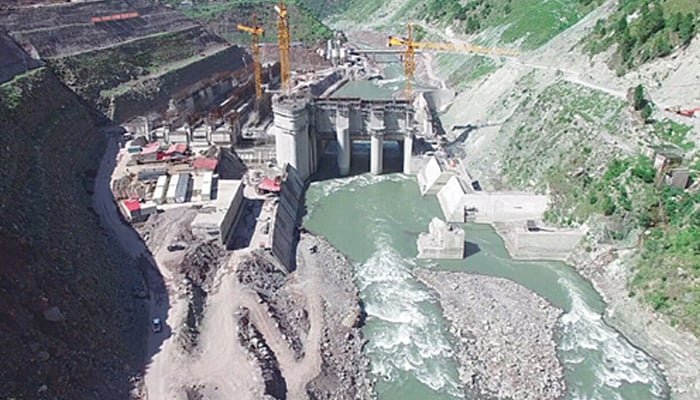The court rejected the Indian government’s protest and declared Pakistan’s case admissible, according to the sources. The case would now be heard on its merits, the sources added.

The Court of Arbitration dismissed New Delhi’s challenge to the international tribunal’s jurisdiction over the Kishanganga Hydroelectric Project, sources told the media, giving Pakistan a significant legal victory over its bitter legal rival India.
A non-United Nations intergovernmental body with headquarters in The Hague is the Permanent Court of Arbitration (PCA).
The court rejected the Indian government’s protest and declared Pakistan’s case admissible, according to the sources. The case would now be heard on its merits, the sources added.
When the water supply to the nation was compromised after New Delhi began construction on the Kishanganga Hydroelectric Project in 2007, Islamabad approached the court.
India was given permission to modify the project design on certain terms by the International Court of Arbitration in 2013. India had asked for the case to be taken out of the international court’s purview.
Pakistan raised three issues with the design of the Kishanganga project, claiming that the project’s pondage of 7.5 million cubic metres was excessive and should be reduced to one million cubic metres. Pakistan also requests that India raise the intake by up to 1-4 metres and the spillways by up to nine metres.
The legal dispute between the two countries began in January in response to Pakistan’s concerns regarding the contentious plans for two hydropower projects being built on the Jhelum and Chenab rivers.
The 330 MW Kishenganga and 850 MW Ratle Hydropower Projects’ initial hearing took place over the course of two days (January 27-28).
The delegation from Pakistan would fight for the country’s right to justice. It would be led by the secretary of the Water Resources Ministry and include the commissioner of Indus Waters, senior members of the Attorney General’s Office and a group of foreign solicitors that the Government of Pakistan had hired.
On the request of Pakistan, the World Bank had earlier established the Court of Arbitration. Additionally, it created a lone neutral expert as requested by India.
On October 17, the World Bank named Michel Lino as the impartial expert and Sean Murphy as the head of the Court of Arbitration (CoA).